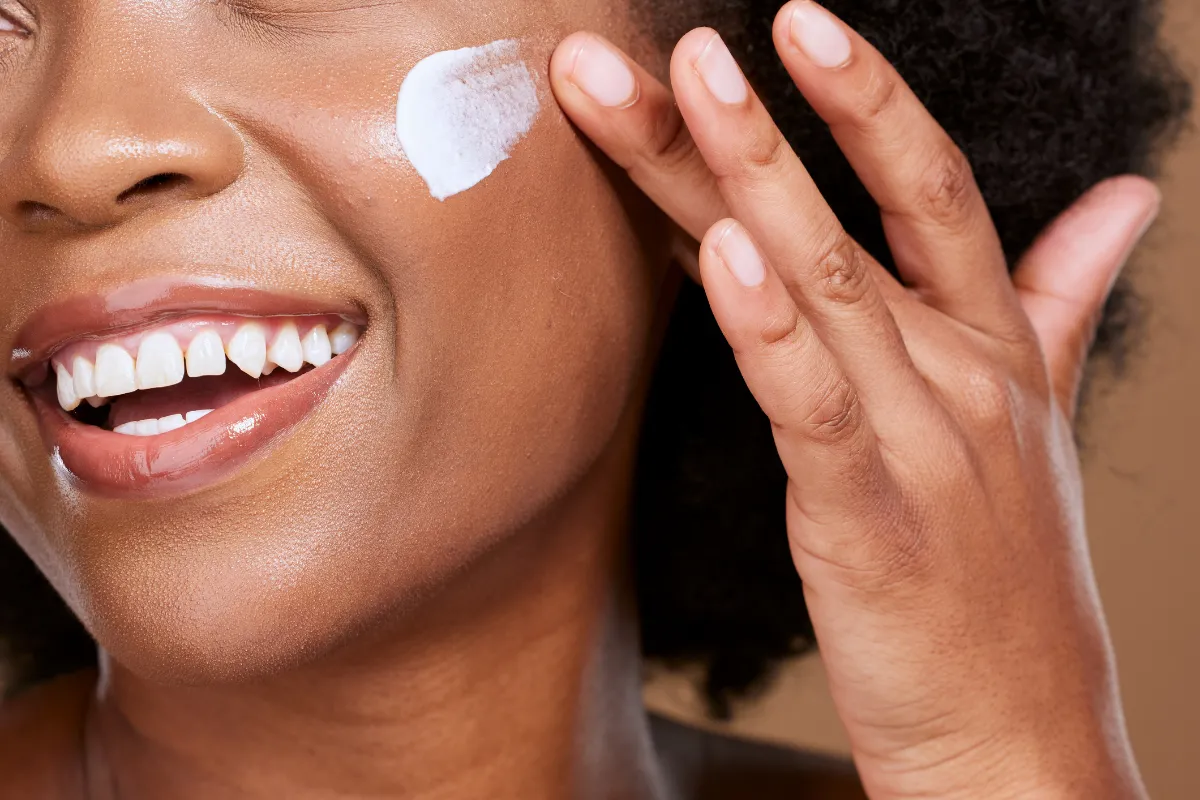Achieving healthy, glowing skin is a goal for many people, but it can sometimes feel like an elusive dream. However, with the right skincare routine and habits, you can improve the health and appearance of your skin. In this article, we’ll share the top 10 skincare tips for achieving a healthy glow.
1. Cleanse Your Skin Regularly
Cleansing your skin is essential for removing dirt, oil, and impurities that can clog pores and lead to breakouts. Use a gentle cleanser suitable for your skin type and wash your face twice a day, in the morning and evening, to keep your skin clean and refreshed.
2. Exfoliate Weekly
Exfoliation helps to remove dead skin cells, revealing fresh, glowing skin underneath. Use a gentle exfoliator 1-2 times a week to slough off dead skin cells and promote cell turnover. Avoid over-exfoliating, as this can irritate the skin and lead to sensitivity.
3. Moisturize Daily
Keeping your skin well-hydrated is key to achieving a healthy glow. Use a moisturizer suitable for your skin type every day to lock in moisture and keep your skin soft and supple. Look for moisturizers with ingredients like hyaluronic acid or glycerin for added hydration.
4. Protect Your Skin from the Sun
Exposure to the sun’s harmful UV rays can damage your skin and lead to premature aging. Protect your skin by wearing sunscreen with an SPF of at least 30 every day, even on cloudy days. Reapply sunscreen every 2 hours, or more often if you’re sweating or swimming.
5. Eat a Healthy Diet
A healthy diet rich in fruits, vegetables, whole grains, and lean proteins can help improve the health of your skin. Foods high in antioxidants, like berries and leafy greens, can help protect your skin from damage and promote a healthy glow.
6. Stay Hydrated
Drinking plenty of water is essential for keeping your skin hydrated from the inside out. Aim to drink at least 8 glasses of water a day, and more if you’re active or in hot weather. Hydrated skin is healthy skin, so make sure to keep your water intake up.
7. Get Plenty of Sleep
Getting enough sleep is crucial for your overall health, including the health of your skin. Aim for 7-9 hours of sleep a night to allow your skin time to repair and regenerate. Lack of sleep can lead to dull, tired-looking skin, so prioritize getting enough rest.
8. Manage Stress
Stress can take a toll on your skin, leading to breakouts and dullness. Practice stress-management techniques like yoga, meditation, or deep breathing exercises to help keep your stress levels in check. Your skin will thank you for it.
9. Use Gentle Skincare Products
Harsh skincare products can strip your skin of its natural oils and lead to irritation. Choose gentle, non-irritating products that are suitable for your skin type. Look for products with natural ingredients and avoid those with harsh chemicals or fragrances.
10. Consult a Dermatologist
If you’re struggling with skin issues like acne, eczema, or premature aging, consider consulting a dermatologist. A dermatologist can help diagnose your skin concerns and recommend a personalized skincare routine to address them.
Conclusion
Achieving healthy, glowing skin is possible with the right skincare routine and habits. By following these top 10 skincare tips, you can improve the health and appearance of your skin and achieve the healthy glow you’ve always wanted.
FAQs
1. How often should I cleanse my skin?
You should cleanse your skin twice a day, in the morning and evening, to keep it clean and refreshed.
2. Can I exfoliate every day?
It’s best to exfoliate 1-2 times a week to avoid irritating the skin. Over-exfoliating can lead to sensitivity and redness.
3. What should I look for in a moisturizer?
Look for a moisturizer suitable for your skin type with hydrating ingredients like hyaluronic acid or glycerin.
4. How much water should I drink for healthy skin?
Aim to drink at least 8 glasses of water a day, and more if you’re active or in hot weather, to keep your skin hydrated.
5. When should I see a dermatologist?
If you’re experiencing skin issues like acne, eczema, or premature aging, consider consulting a dermatologist for personalized skincare advice.
